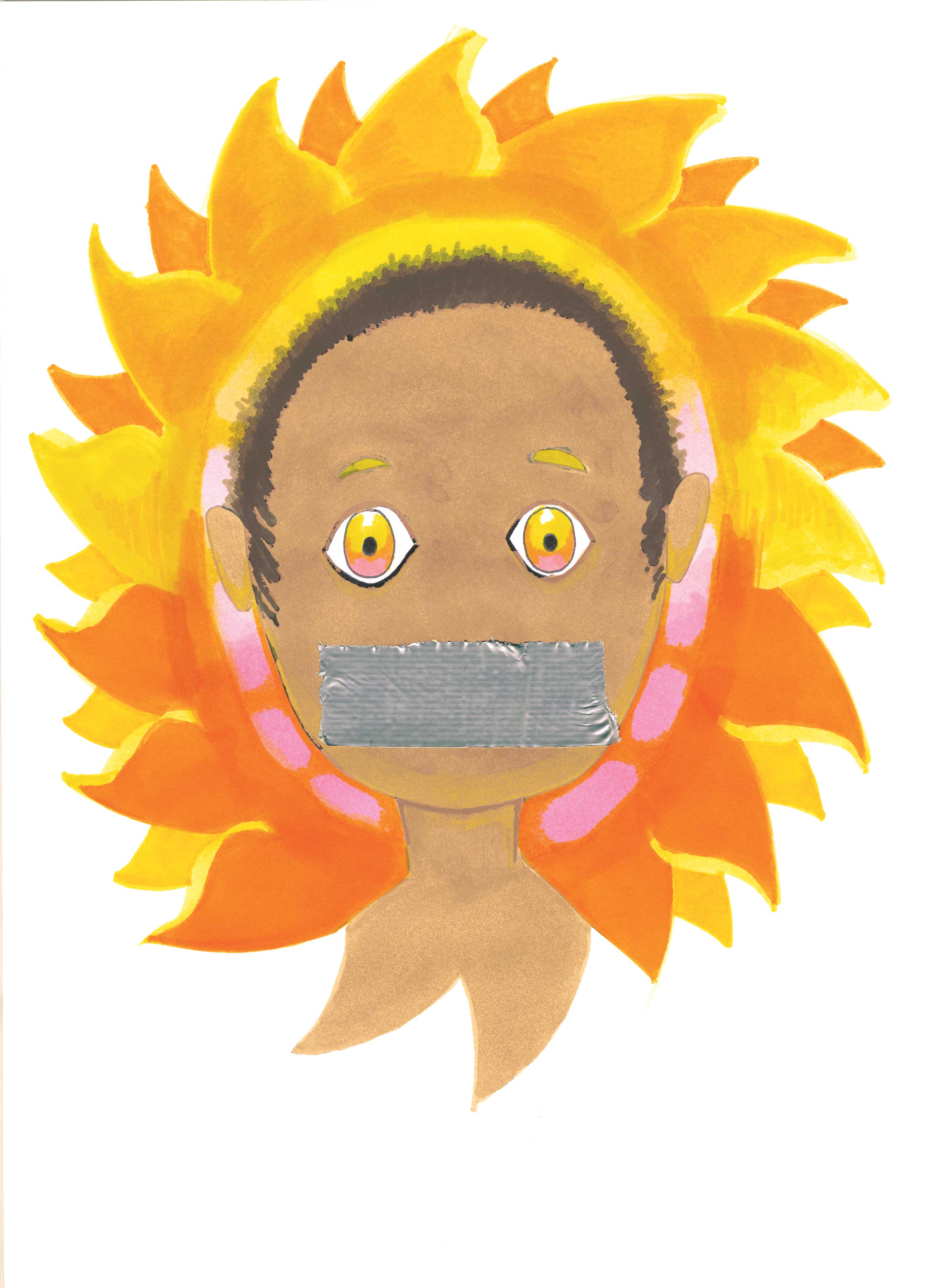Protesters silence years of loud denial of the Armenian genocide

By Ani Torossian
Jan. 27, 2012 1:46 a.m.
I never identified myself as an Armenian. When asked, I was unusually quick to point to my Russian heritage instead. I, as an Armenian, remained foolishly silent and unresponsive to my own roots.
So, why expect others to give more than a passing glance when the Armenian Students’ Association at UCLA organizes campus events that will inevitably lead to emotional references of the Armenian genocide?
It becomes easy and effortless to discard the almost 97-year-old struggle toward international recognition of the genocide as a repetitive, worn-out effort that leaves many Armenians entrenched in conflicts of the past.
UCLA’s Armenian Students’ Association, in partnership with Armenian student groups from other universities across California, organized a sit-in on Thursday aimed at educating their respective campus communities about the Armenian genocide and demonstrating the aftermath of the Turkish government’s denial.
By late Thursday morning, Meyerhoff Park became an album of photographs as members of the Armenian Students’ Association displayed pictures of genocide survivors ““ grandparents, great-grandparents and relatives whose lives were interrupted and whose hearts beat against the sound of Turkish gunshots.
The silent protest was titled “The Stain of Denial.” Silence used as a method to garner attention is just what this protest needed. Silence fueled curiosity. It offered a fresh approach, revealing the organizers’ confidence that even silence breaks through the injustice of genocide denial.
The silent method, however, presupposes that people will turn their own curiosity into a desire to become more informed themselves. This might be problematic and a bit idealistic. Regardless, those willing to further inform themselves on issues such as the Armenian genocide will find the way to do so ““ whether or not the protest is a silent sit-in.
Pictures will leave more impact than any words could, said Jennifer Movsessian, a third-year sociology and political science student and a member of the Armenian Students’ Association.
Movsessian said it also helps her realize that the Armenians could have been erased as a people, but are still here ““ at universities ““ when at one point they might not have existed, Movsessian said.
Realistically, such a silent protest does very little for those who don’t know about the issue. It shows strong solidarity between Armenians on campus. It exposes passersby to an afternoon of moral inconvenience. And it becomes forgotten the next day.
But for those who do care, protests such as these accomplish a great deal.
At the very least, the protesters spoke through their silence. They served as reminders of moral suffering from an Armenian perspective. They did what was expected of them as Armenians.
If viewed as an informative event, the protest was a necessary one, regardless of the countless times such educational efforts were made. It was necessary because such student-organized events shoulder what history books and political speeches rarely communicate: the Armenian genocide should be remembered, not silenced.
The current Turkish government claims that civil conflict rather than massacres resulted in the death of nearly 300,000 Armenians at the hands of the Ottoman Turks in the early 20th century.
Armenians, on the other hand, maintain that 1.5 million innocent Christian Armenians were systematically killed in a premeditated act instigated by the “Young Turks” of the Ottoman Empire against the Christian minority.
So while Turkey essentially denies that the massacre of Armenians constitutes genocide, the historical record is not quick to hide itself.
James Gelvin, professor of history, said an overwhelming consensus exists among historians that, under international law, the deliberate killings of Armenians constitute genocide.
The event organized by the Armenian Students’ Association comes at a time of political significance: The French senate recently passed legislation deeming denial of the Armenian genocide illegal.
Although Turkey’s prime minister, Recep Tayyip Erdogan, has labeled this motion as racism, intolerance of hate speech can hardly be deemed racist.
And denial of the Armenian genocide is just that: a form of hate speech.
Regardless of the political agenda that prevents Turkey’s formal apology, descendants of genocide survivors continue to remember: UCLA’s Armenian Students’ Association demonstrates that silencing a genocide is dishonorable.
I am an Armenian. But the plight demonstrated by the silent protest is not simply an Armenian one.
It is our collective obligation, not as Armenians, but as social individuals with strong principles, to honorably memorialize those who have suffered as victims of genocide.
Email Torossian at
[email protected]. Send general comments to [email protected].


